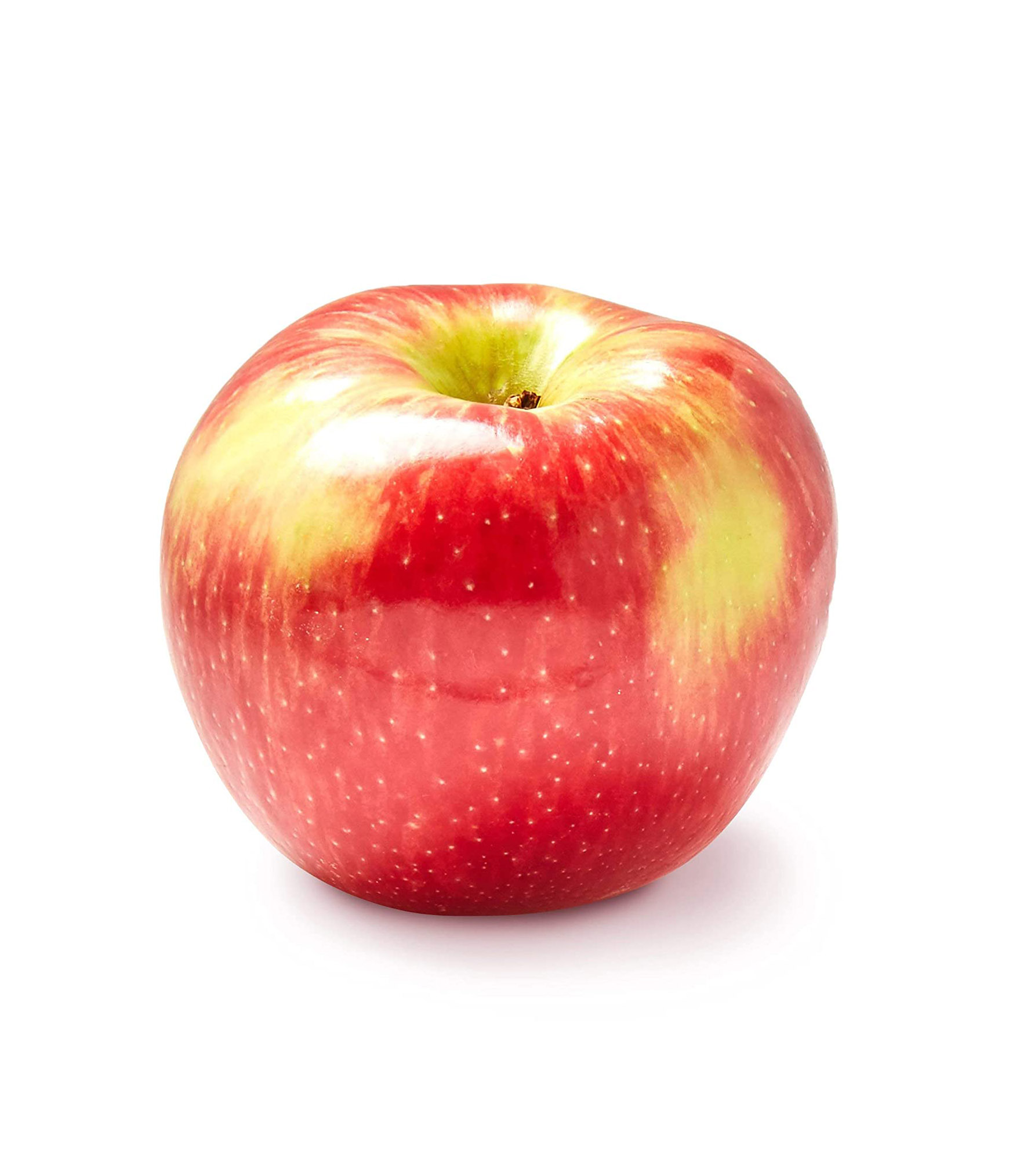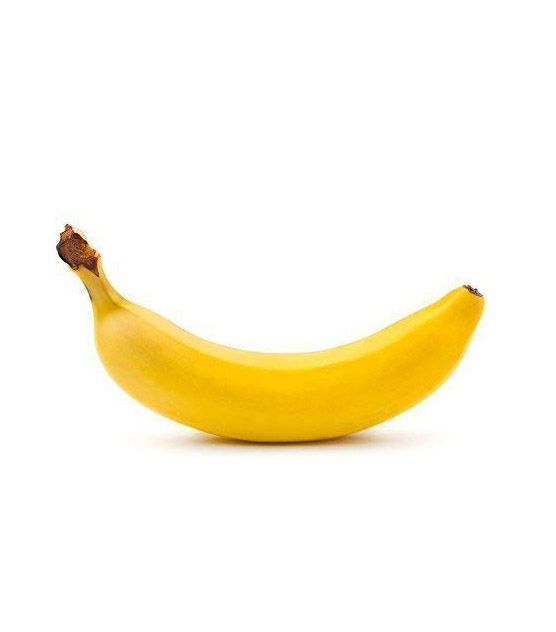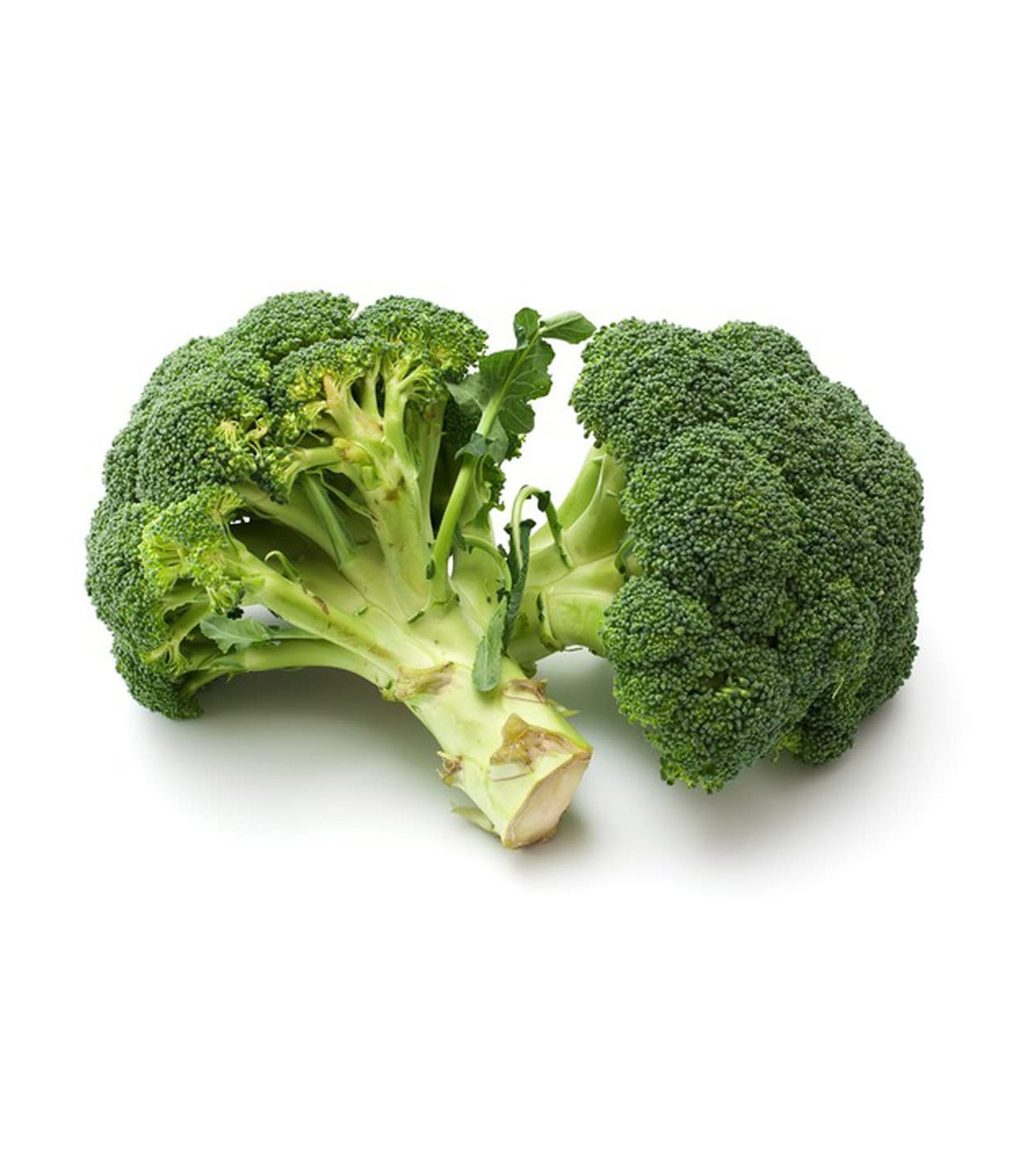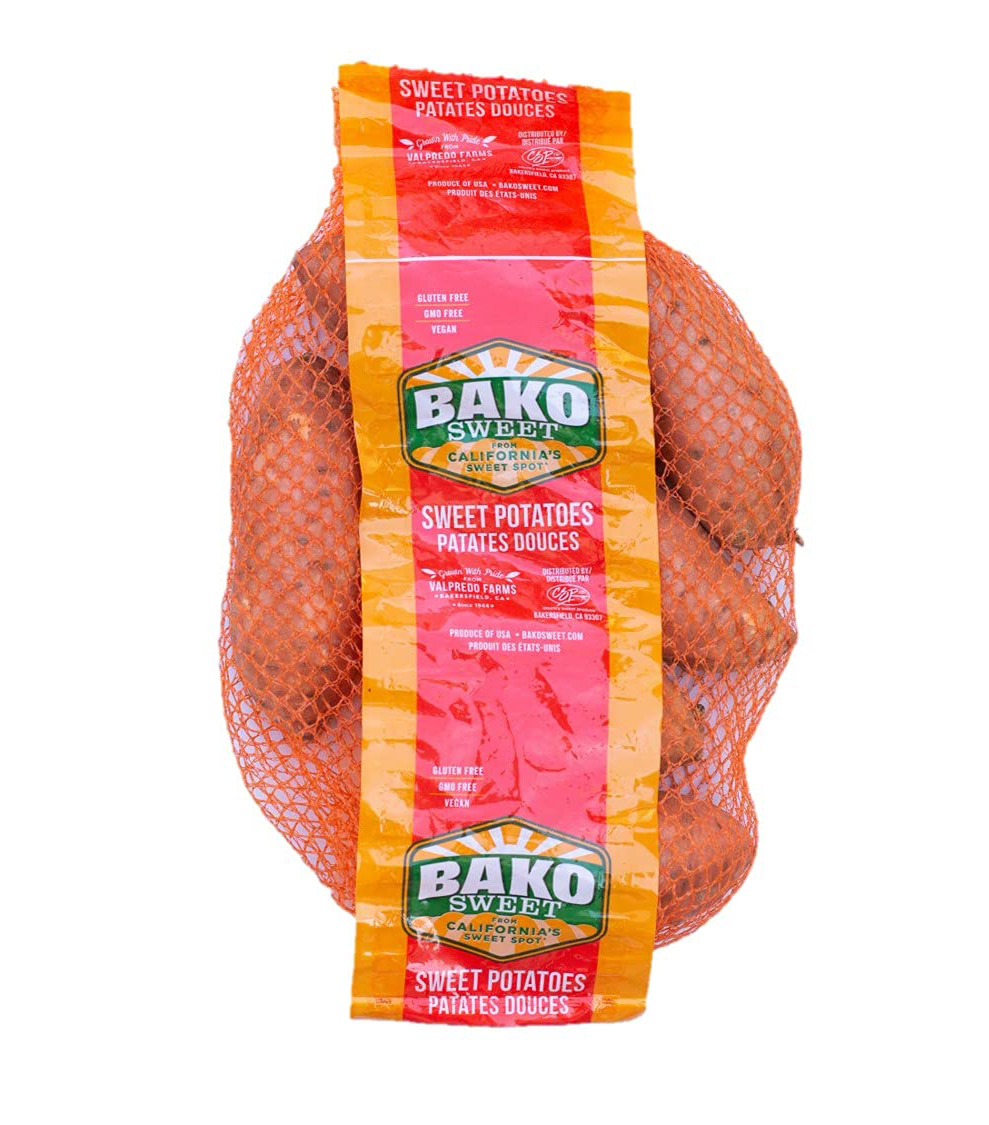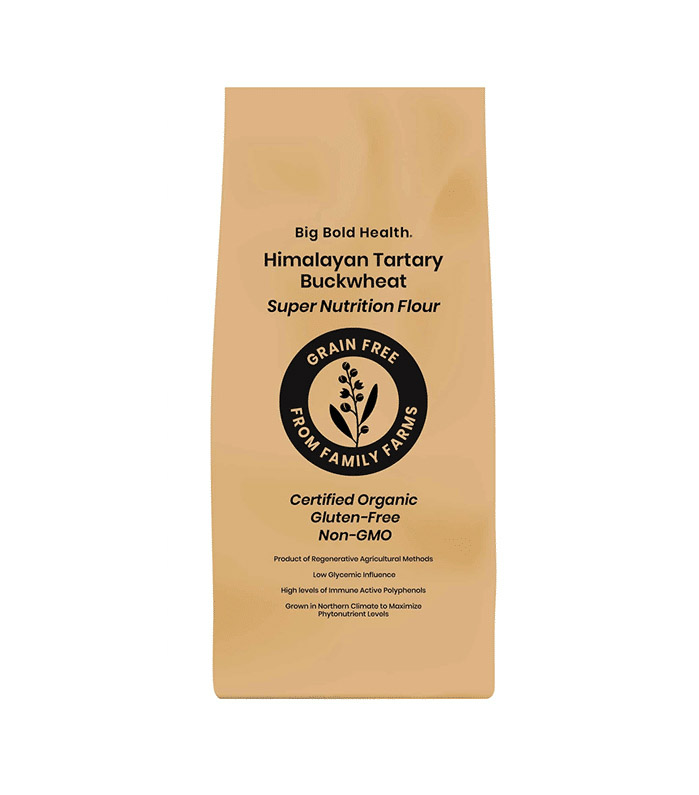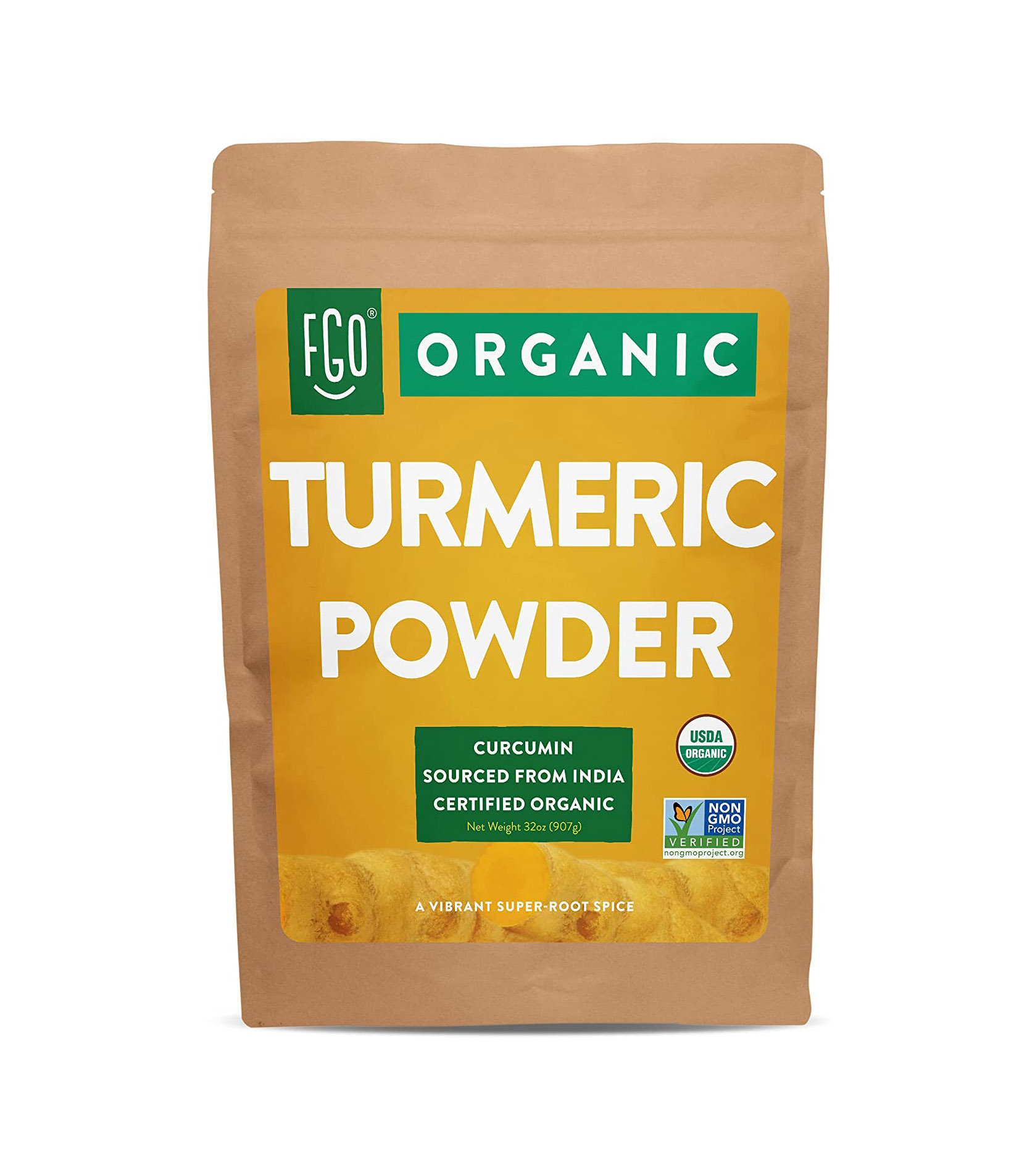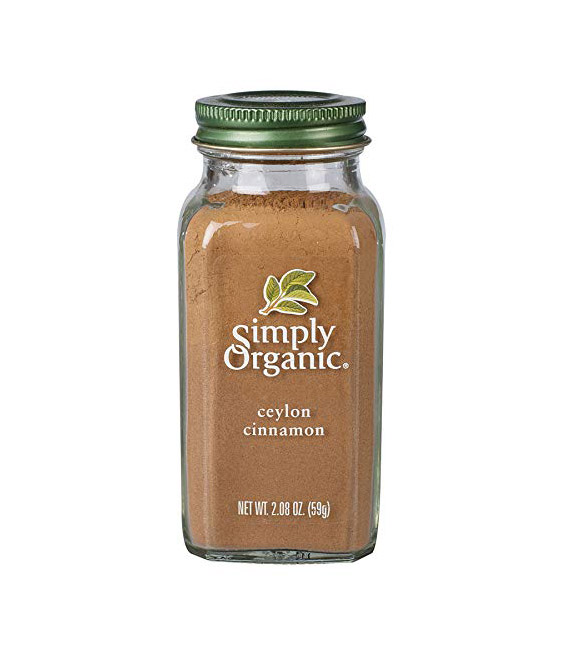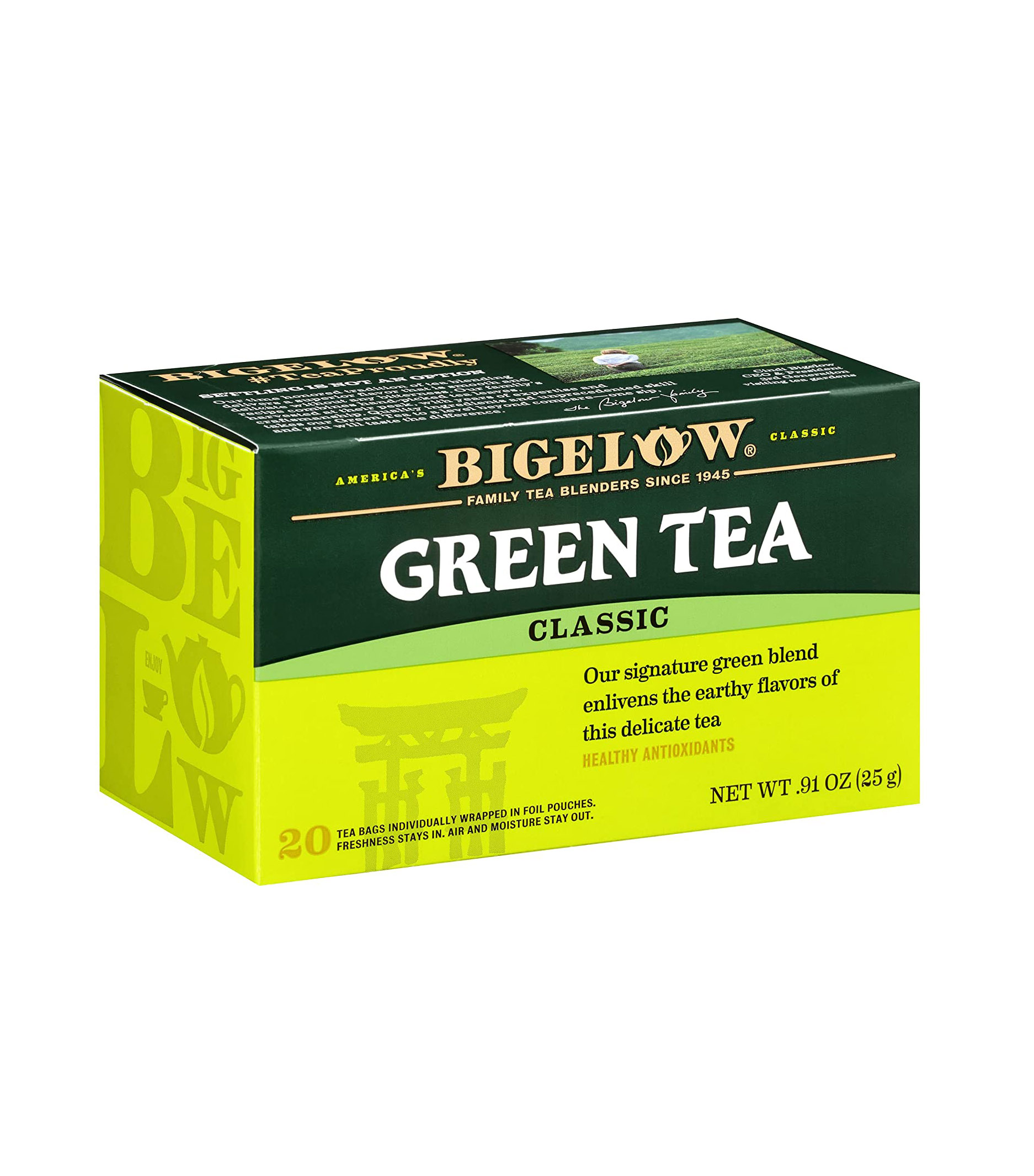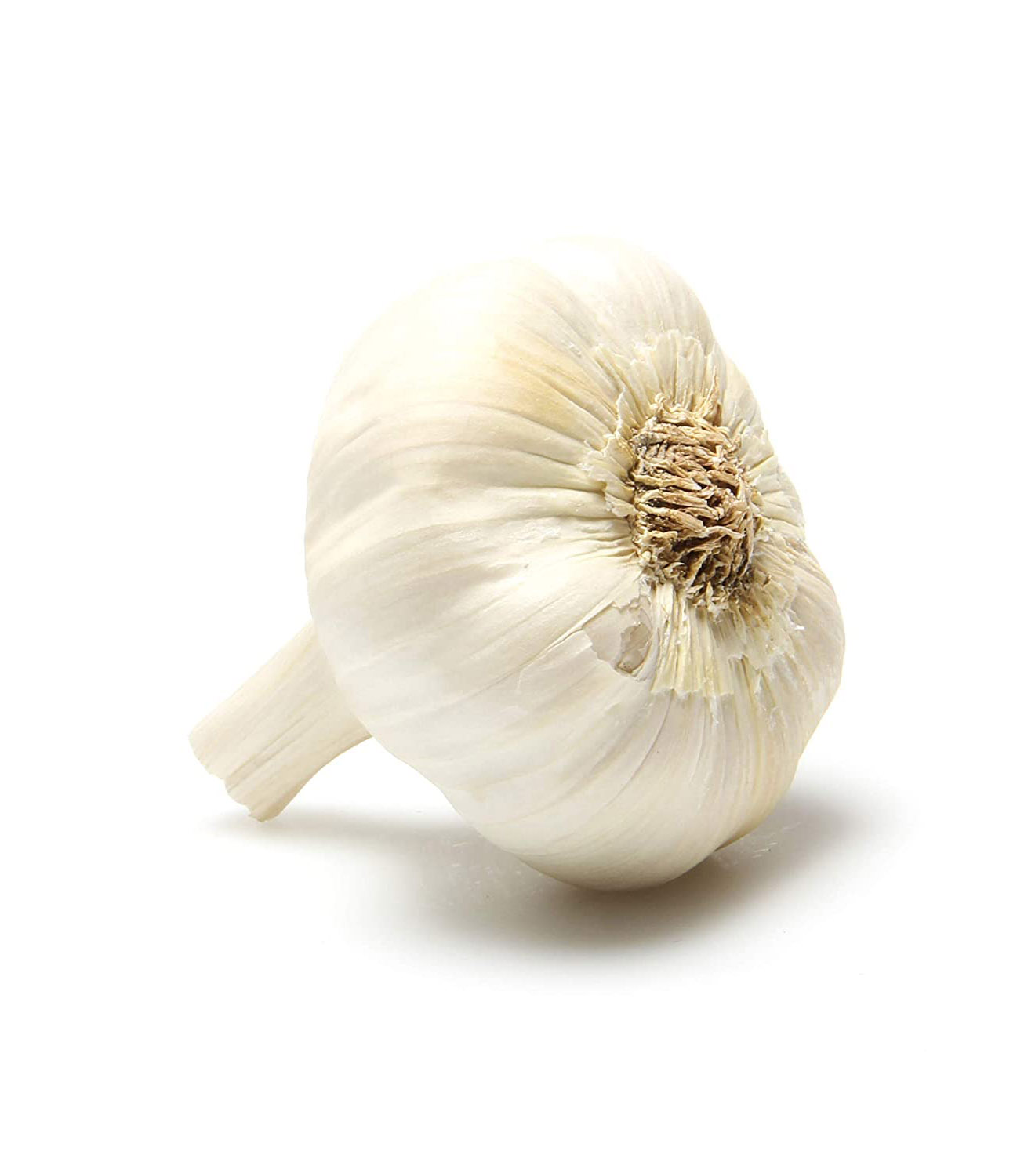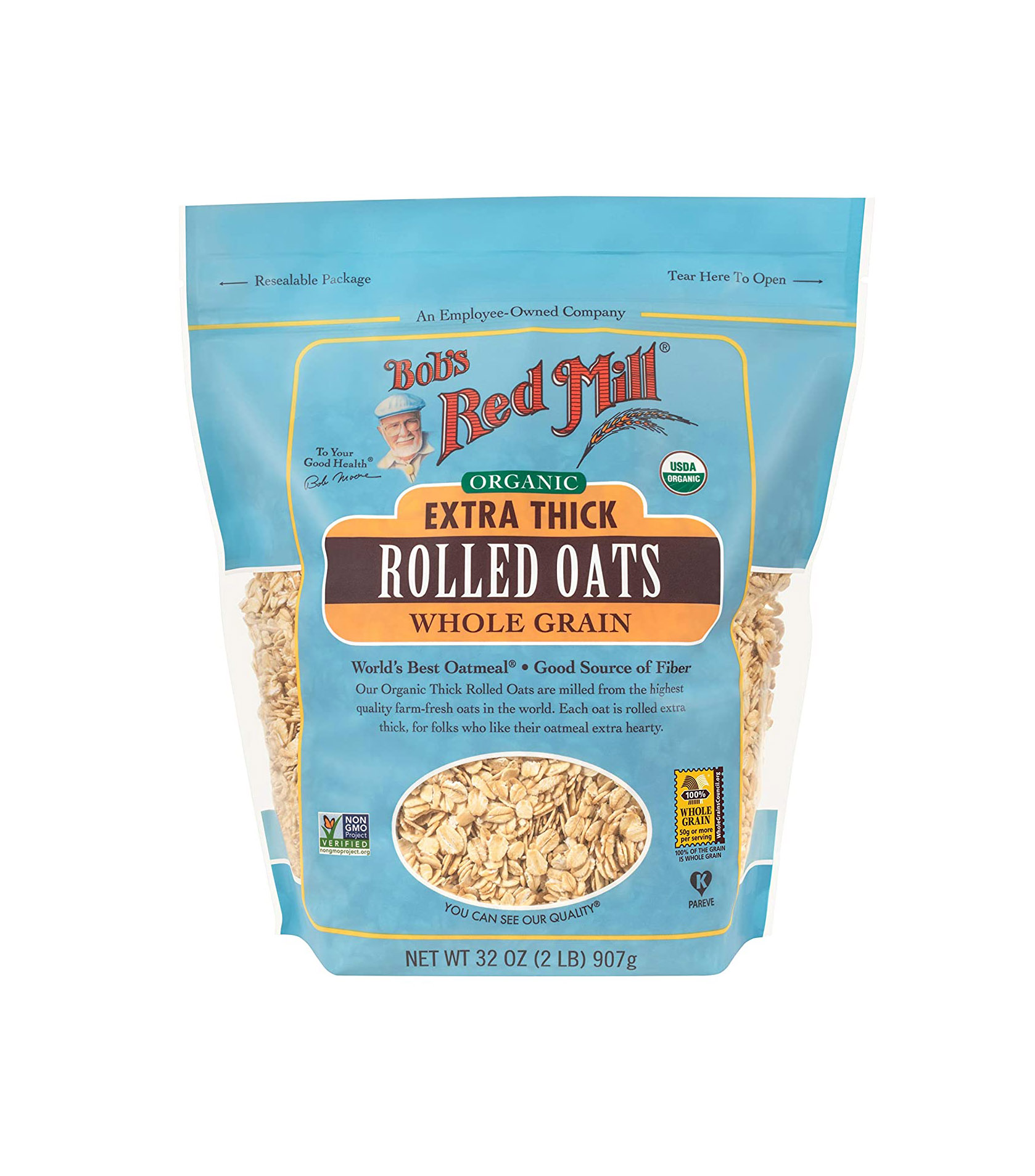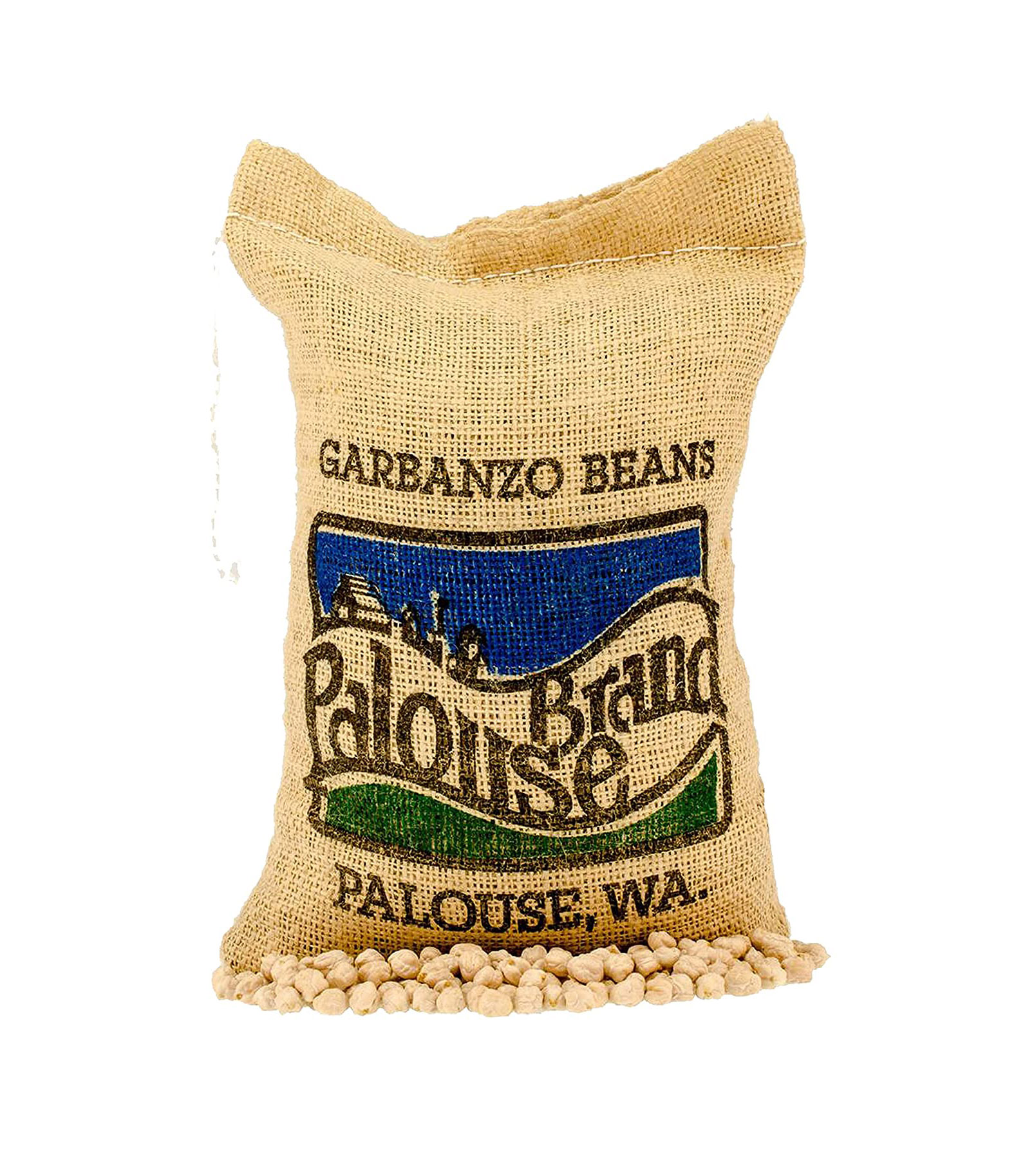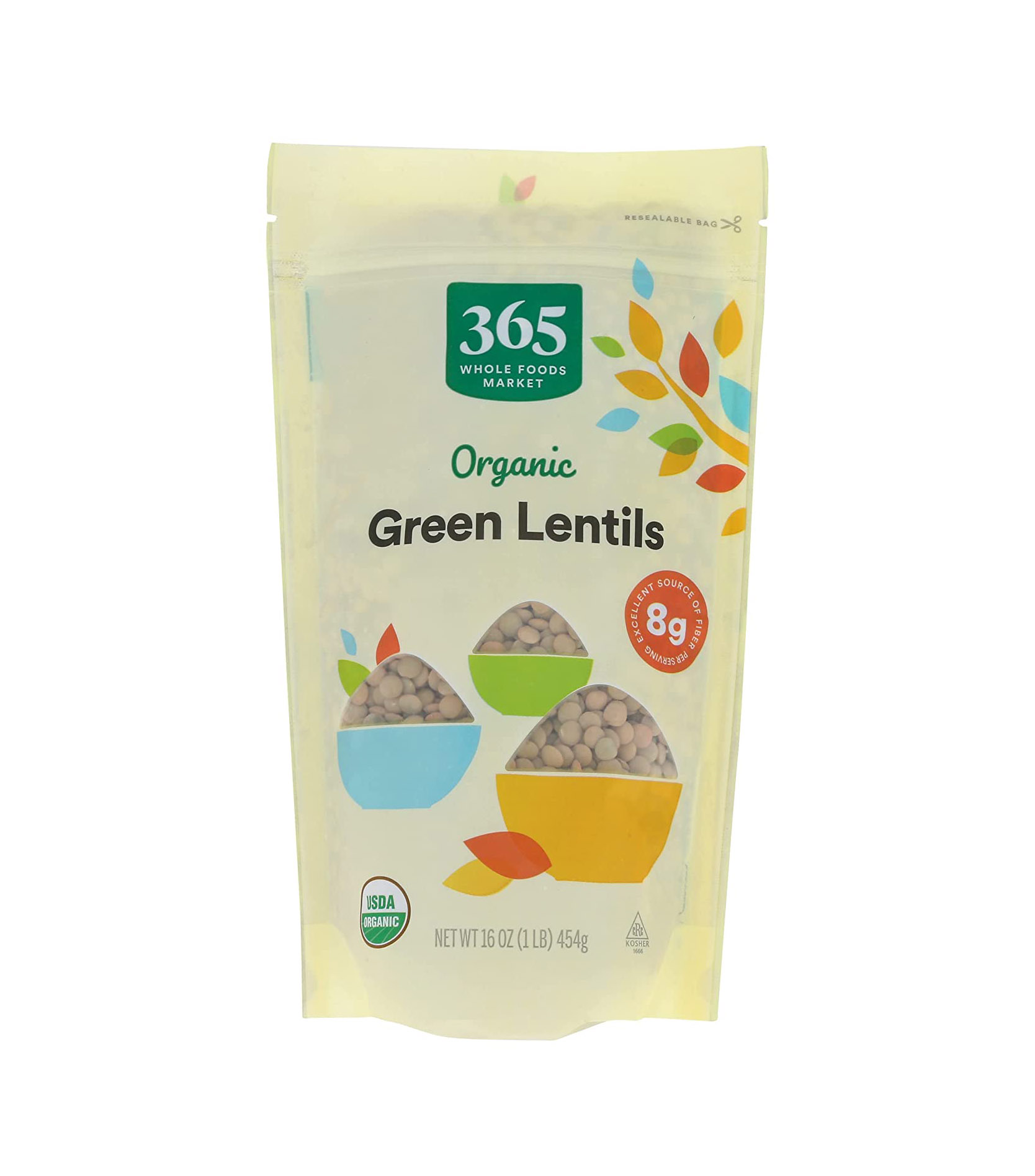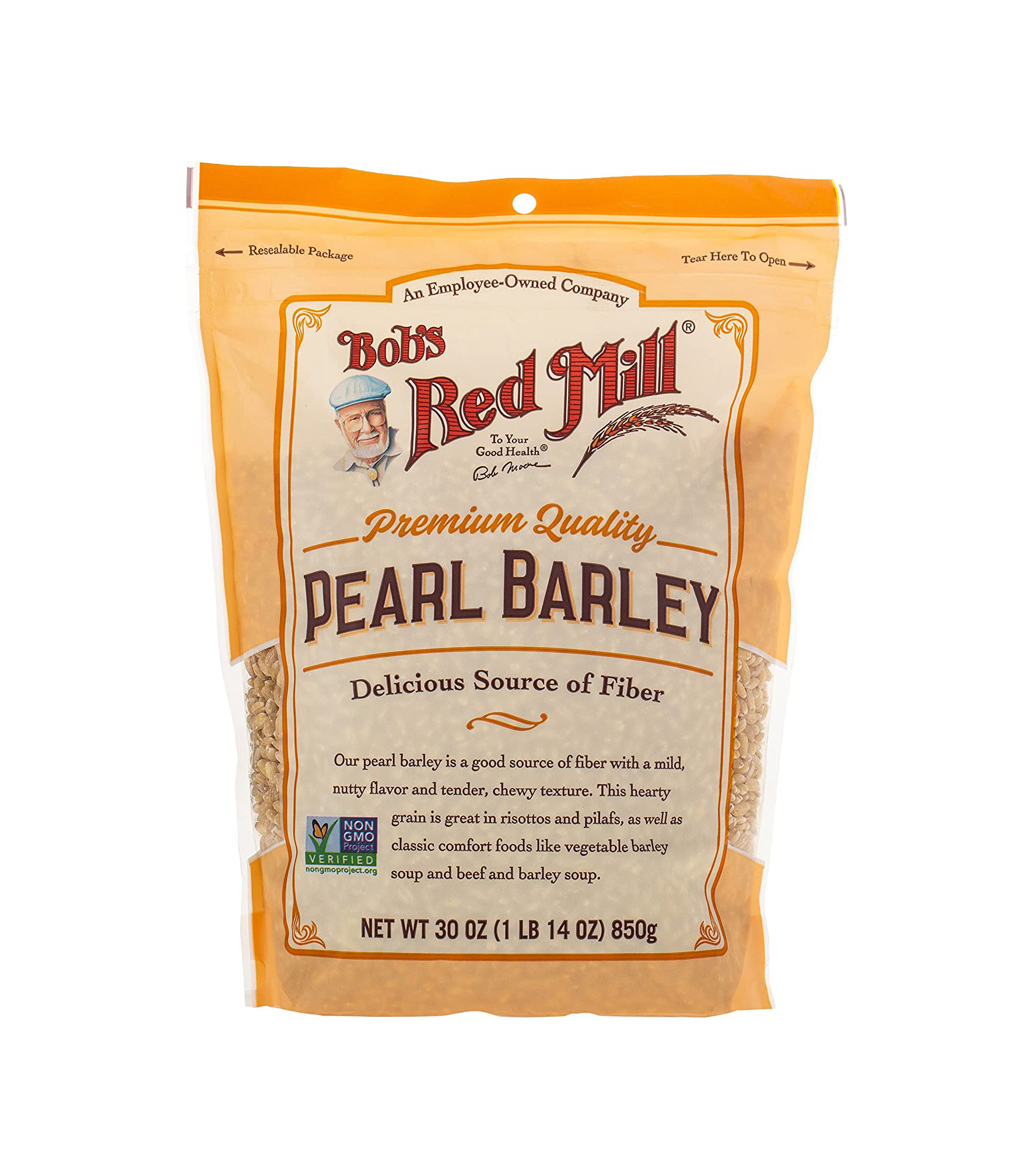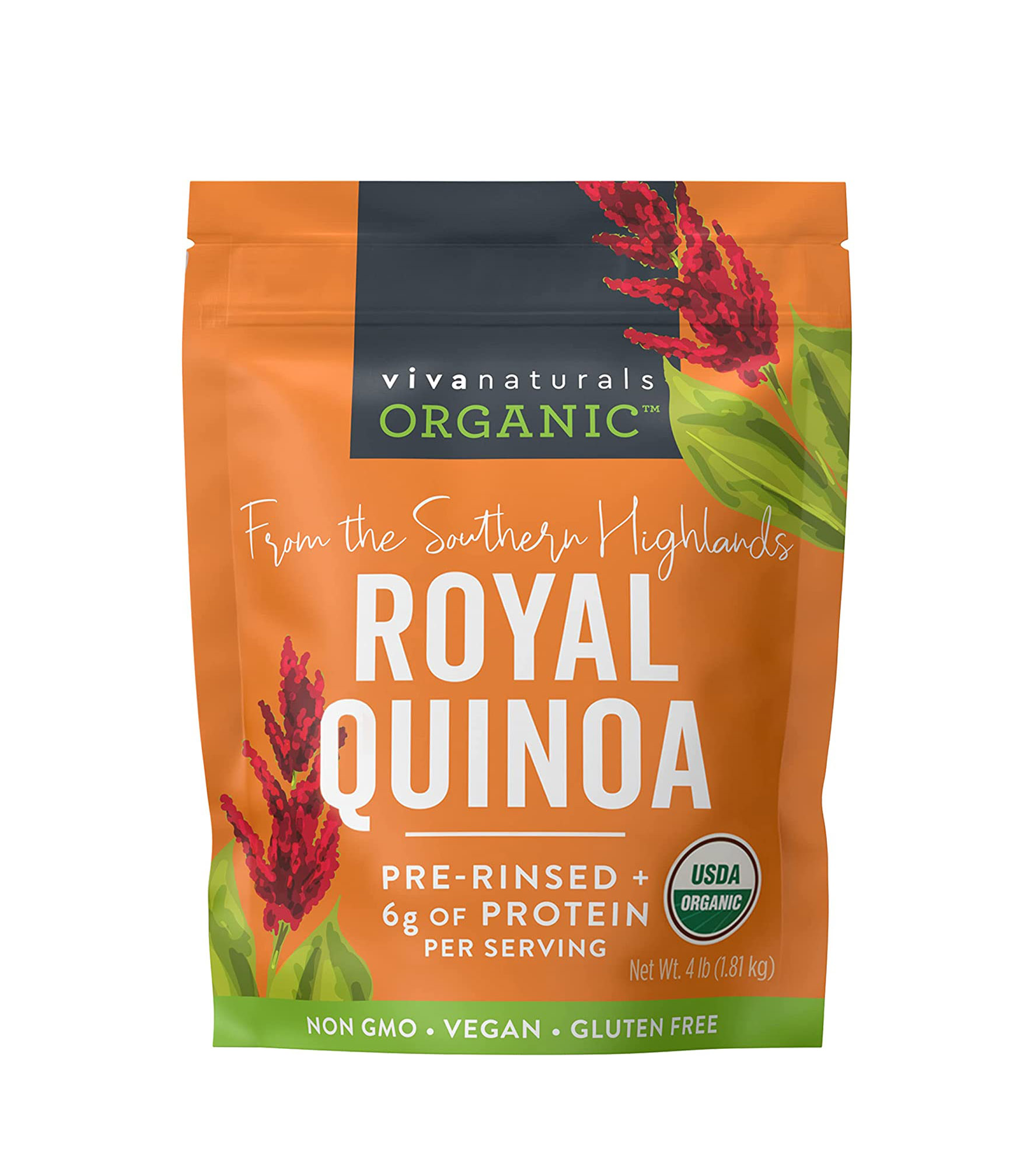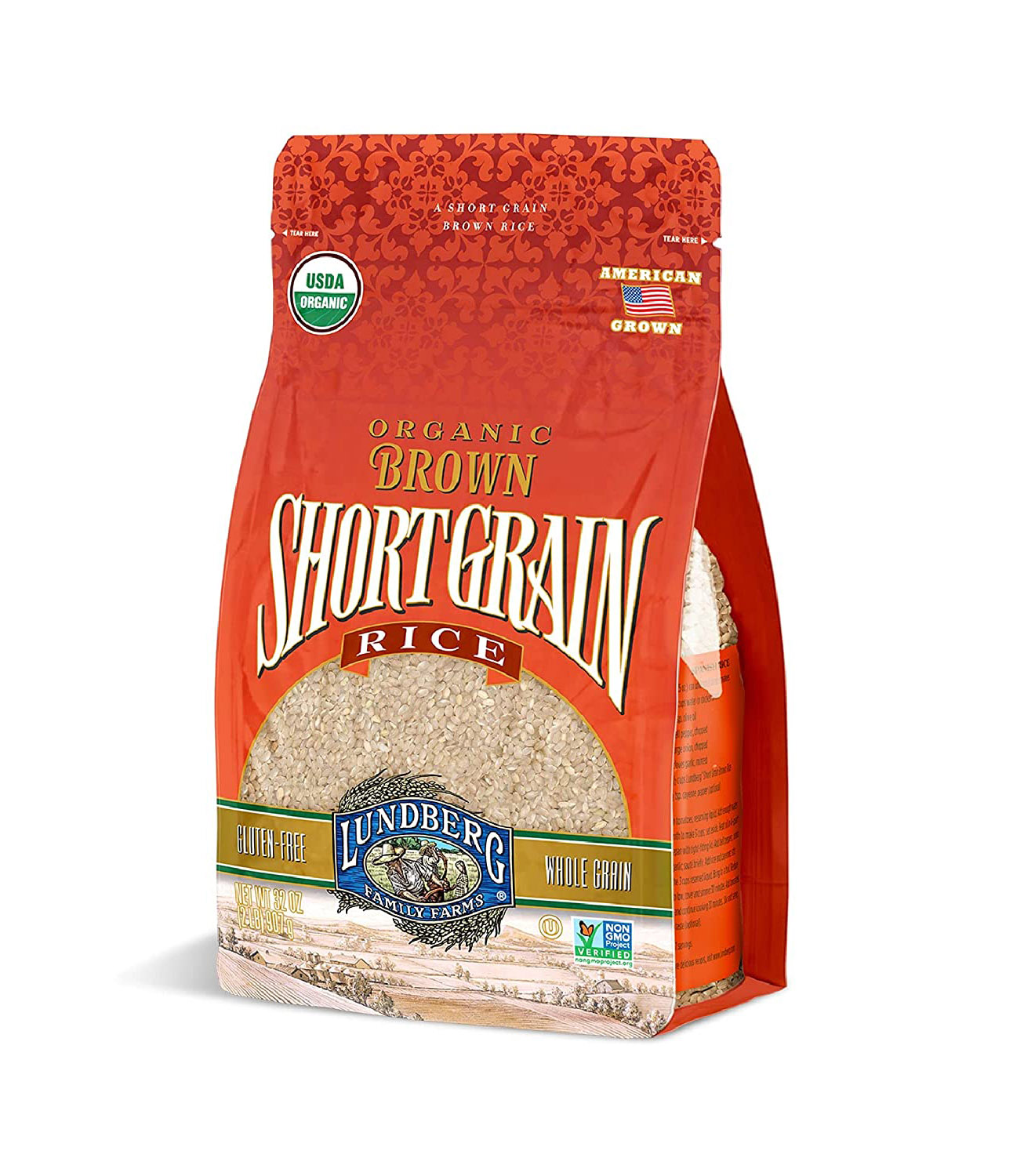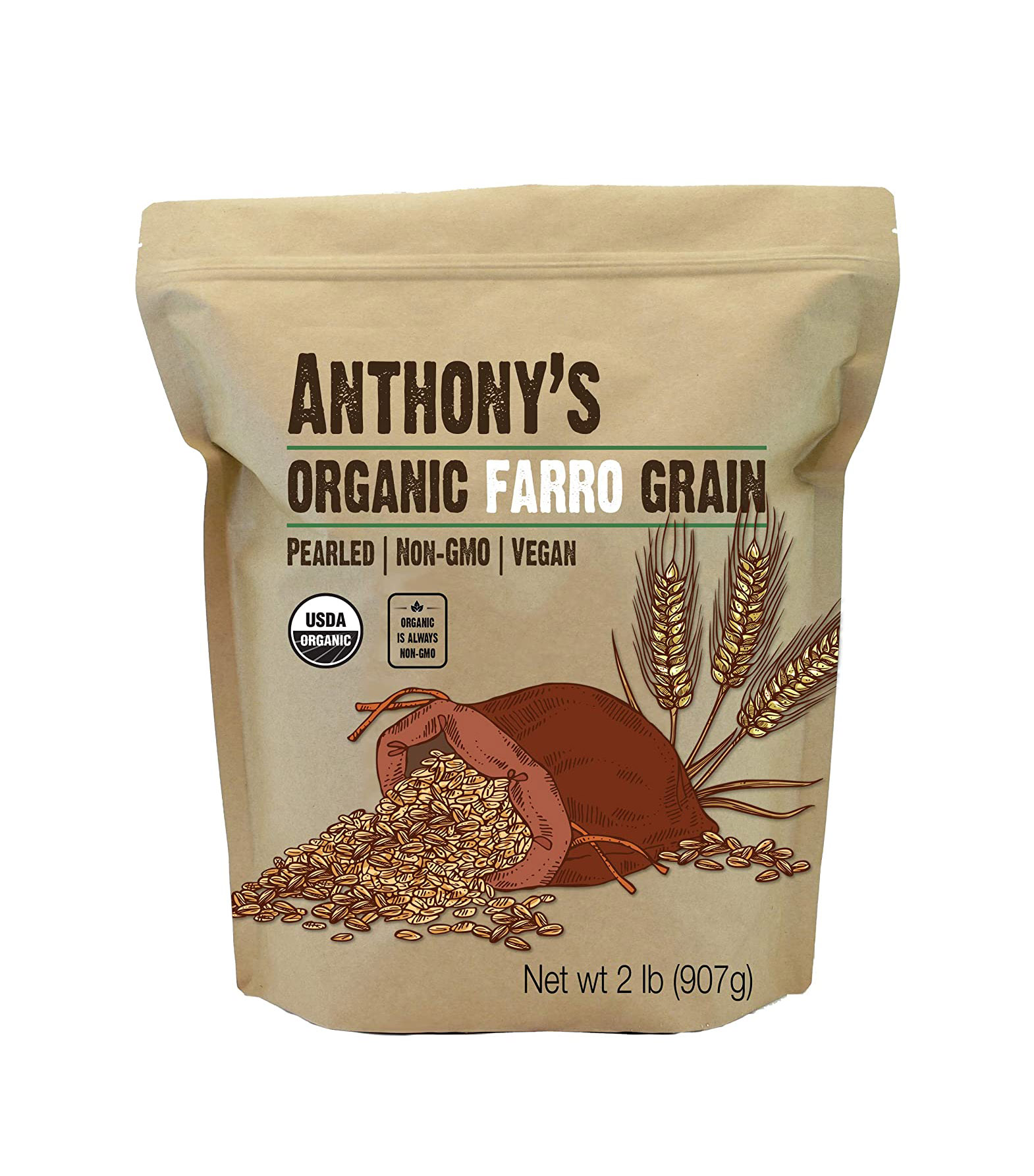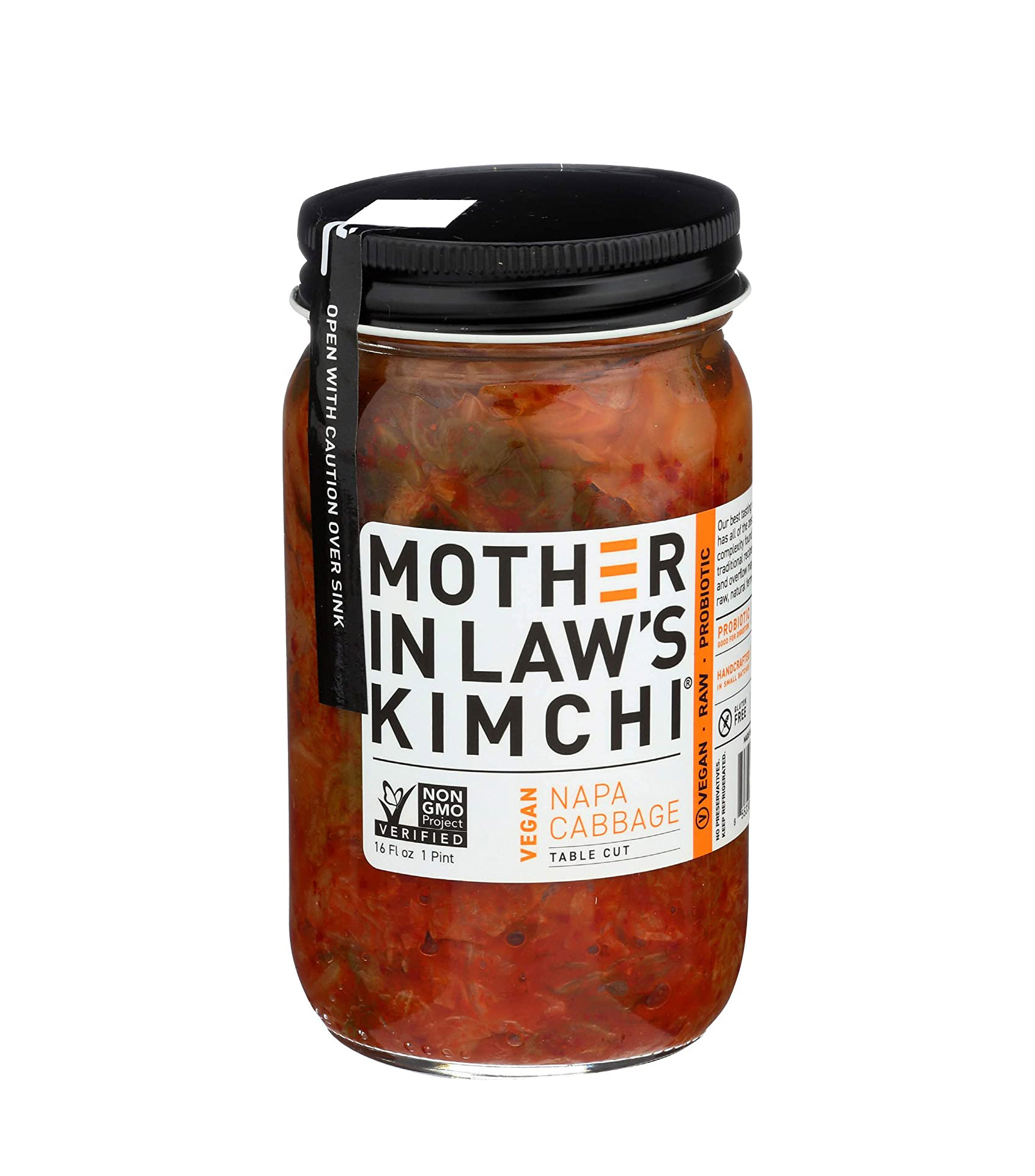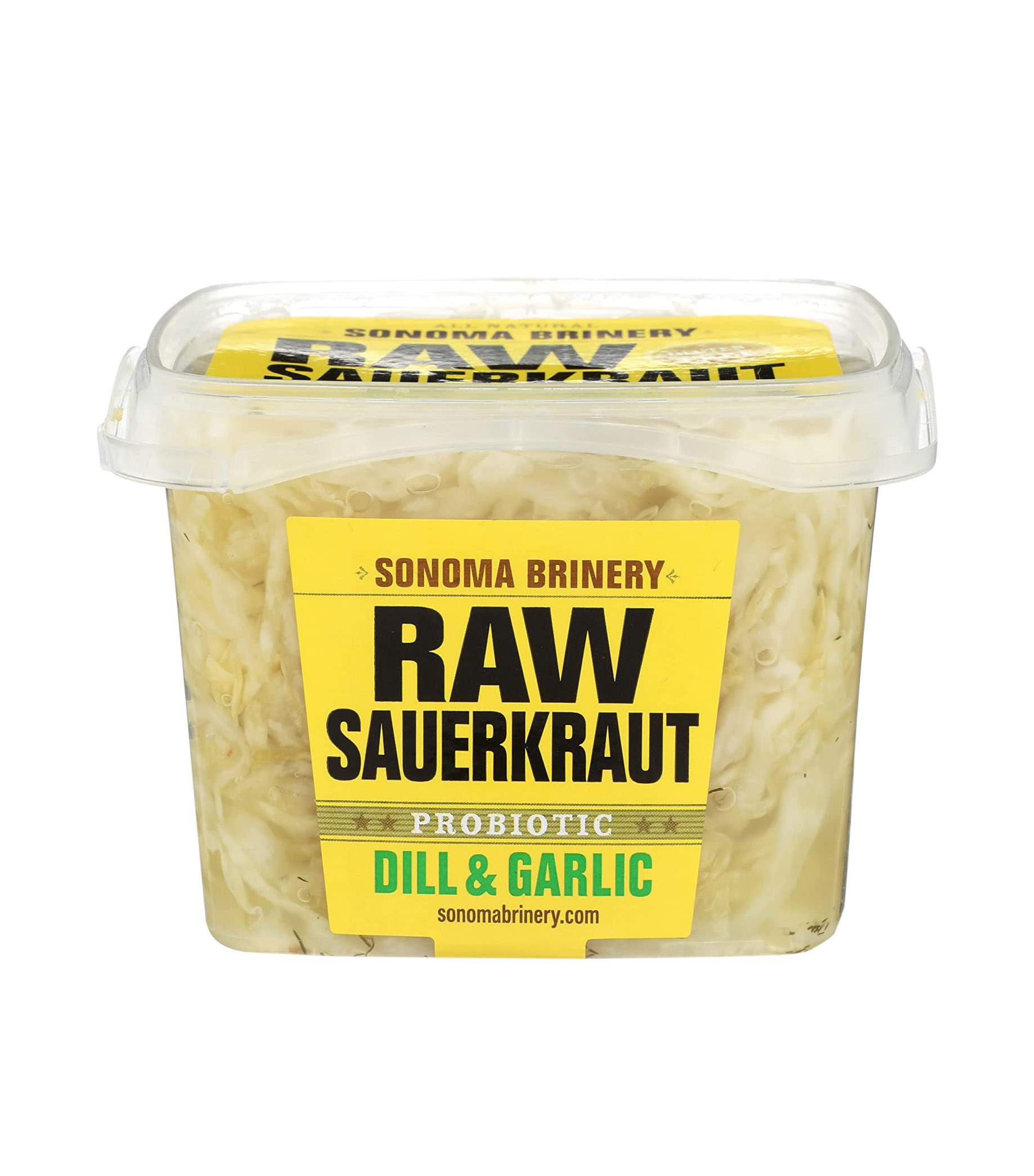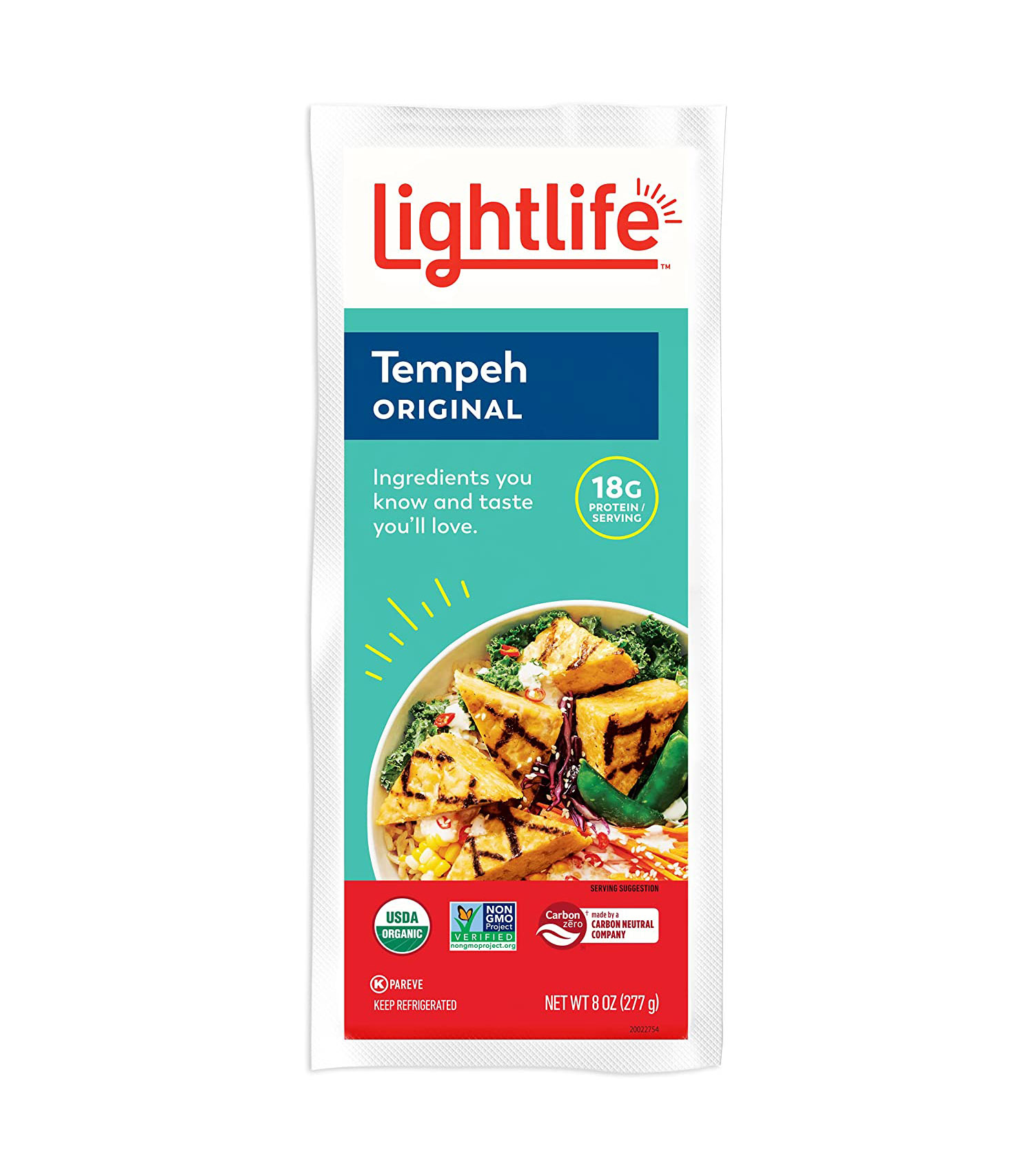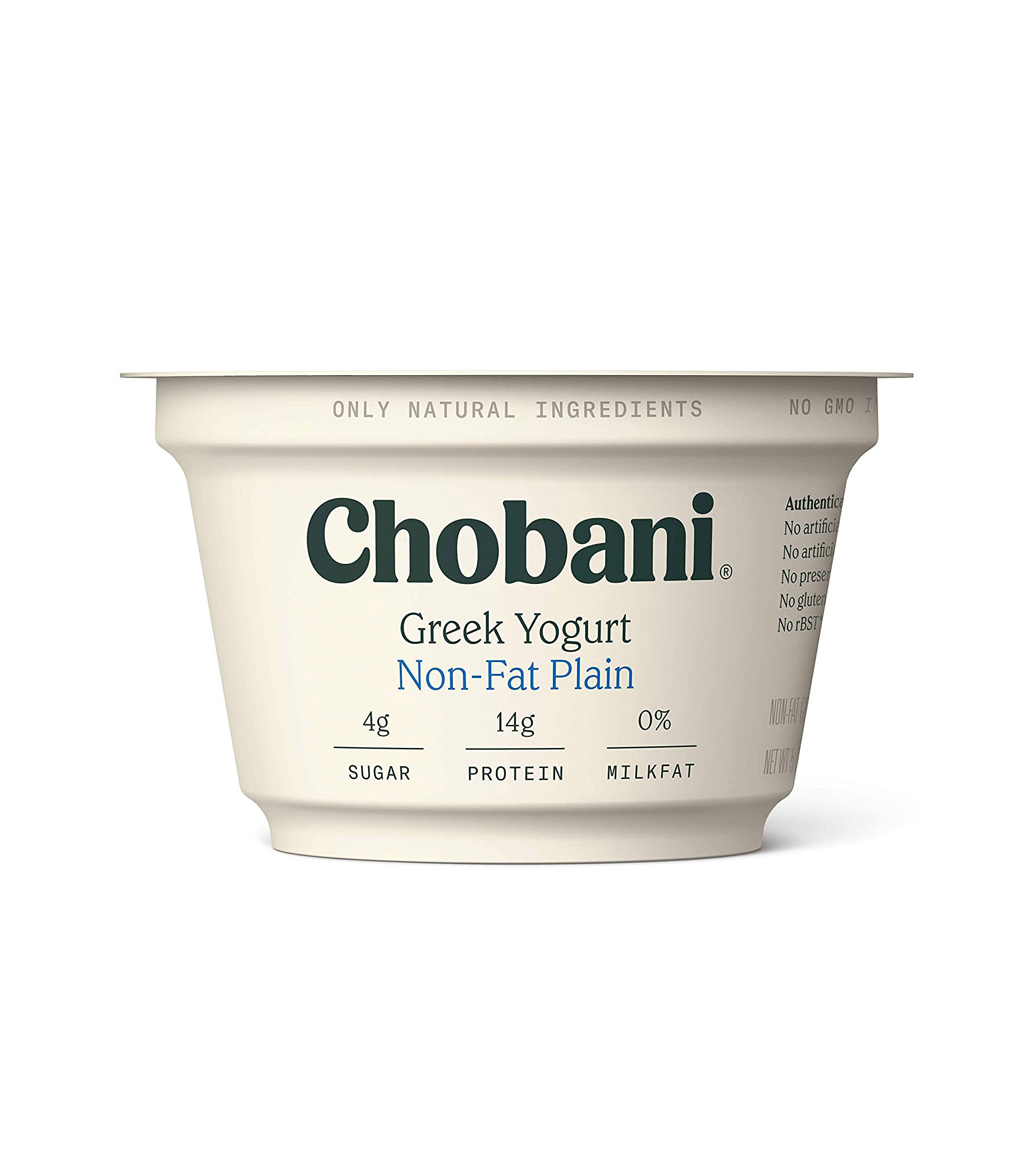Avoid These 6 Foods—They'll Wreck Your Gut Health
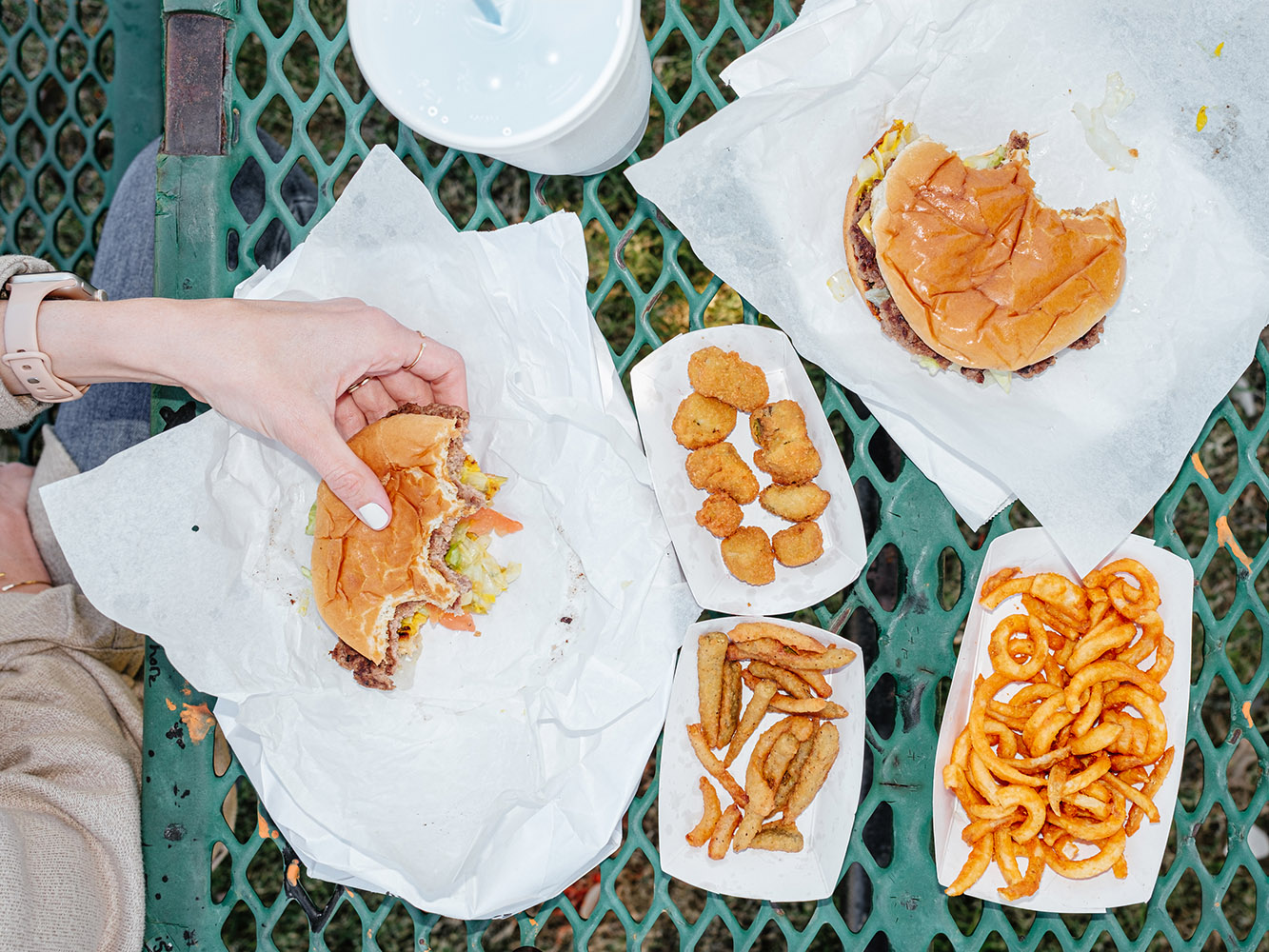
You might be aware of all the things you should be doing for your gut health—eating the right foods, getting enough sleep, being careful with antibiotics, drinking in moderation, exercising, managing your stress levels, etc. It's a lot to keep in mind, but it's worth it because gut health is just so important. The status of your gut health can affect your whole body, not just your digestion but your mind, skin, immune system, and more.
"Gut health refers to the health and functionality of our gastrointestinal tract, aka our mouth, esophagus, stomach, small and large intestines, rectum, and anus—yep the whole thing," explains Amanda Holtzer, MS, RD, a dietitian at Culina Health. "And each and every single one of us has a unique collection of microbiota that resides within our gut. That microbiota is filled with trillions of types of bacteria, fungi, viruses, and archaea, all of which work together to keep our digestive tract functioning properly and protect us from illnesses—including but not limited to obesity, type 2 diabetes, cardiovascular disease, inflammatory bowel disease, and cancer."
Gut problems are incredibly common and cause major disruption in quality of life, adds Austin Perlmutter, MD, an author and the senior director of science and clinical innovation at Big Bold Health. In fact, he says that there are between 60 and 70 million people in the U.S. suffering from digestive issues.
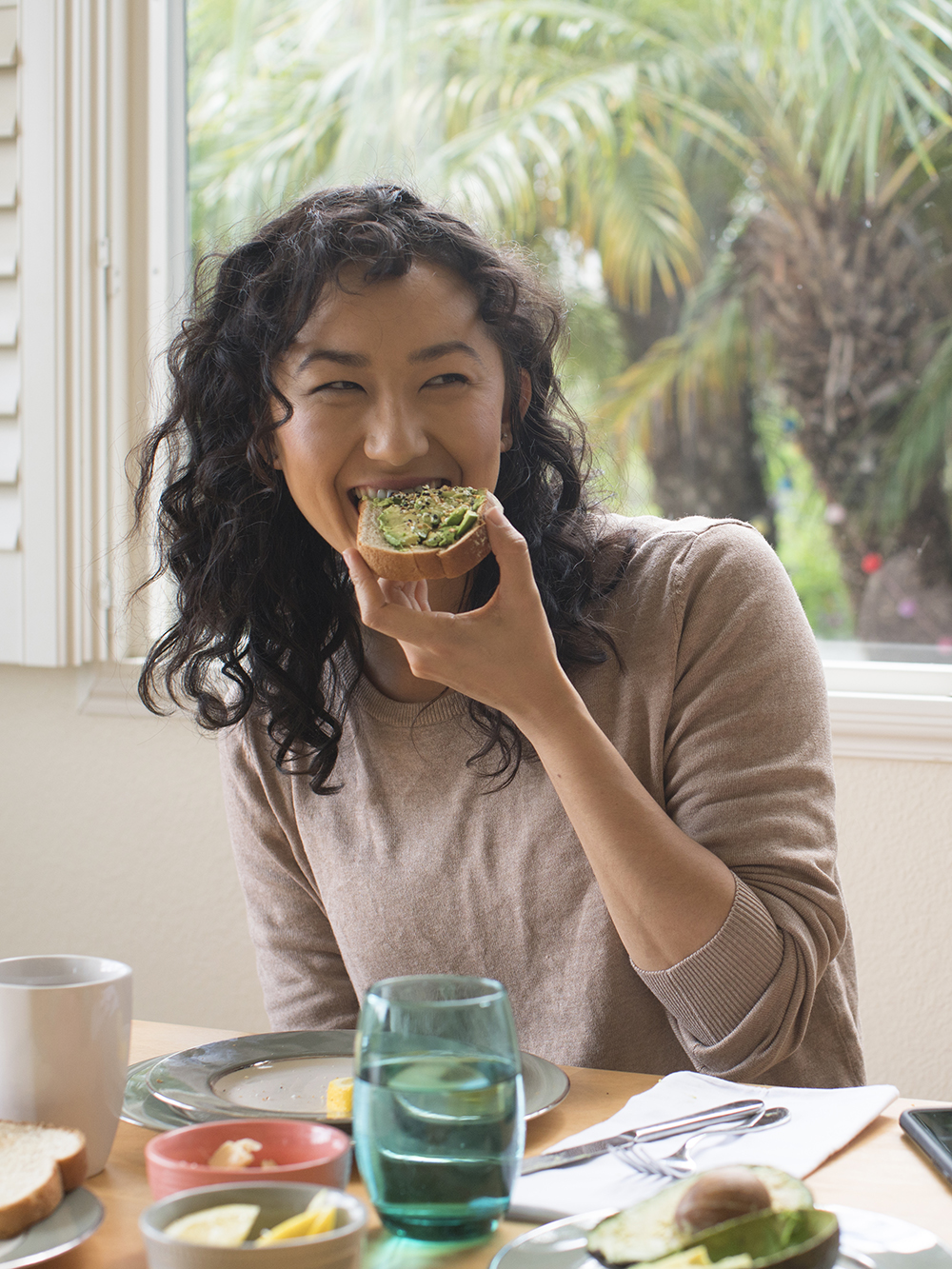
A lot of things can affect gut health, but one of the most important factors is what you eat. "What we eat significantly impacts the bacteria in our gut—the food we consume is quite literally what feeds that bacteria," Holtzer says. "Now, there are good bacteria in the gut and bad bacteria in the gut. Good bacteria are the bacteria that are on our side, so to speak. [They contribute] to the health and function of the GI tract by fighting off bad bacteria that can cause viruses and infection. Certain foods help the good bacteria to grow, flourish, and better protect us from illness, while other foods can destroy the good bacteria and help the bad bacteria to grow and flourish, which can cause an imbalance between the good and the bad bacteria."
Eating a varied diet of fruits, vegetables, whole grains, healthy fats, and fermented foods ensures that you are helping the good bacteria. And as for the foods that aren't doing your gut any favors, our experts highlighted some below. But it's important to keep in mind that you can still enjoy food and have a healthy gut. "Don't get me wrong—one Big Mac is not going to ruin your gut microbiome indefinitely," Holtzer says. "You can absolutely enjoy all the foods you love and still maintain a healthy gut. It's all about balance and moderation. But if you are consistently eating a diet high in processed, refined foods, simple carbohydrates, sugar, fried foods, and alcohol, you may experience symptoms that are signs of an imbalance in your gut microbiota." Some symptoms you might experience include excessive or constant bloating, frequent gas, constipation or diarrhea, consistent headaches or migraines, skin irritations, intense sugar cravings, food intolerances, random bouts of fatigue, and difficulty losing weight.
The Worst Foods for Gut Health
1. Sugary Foods
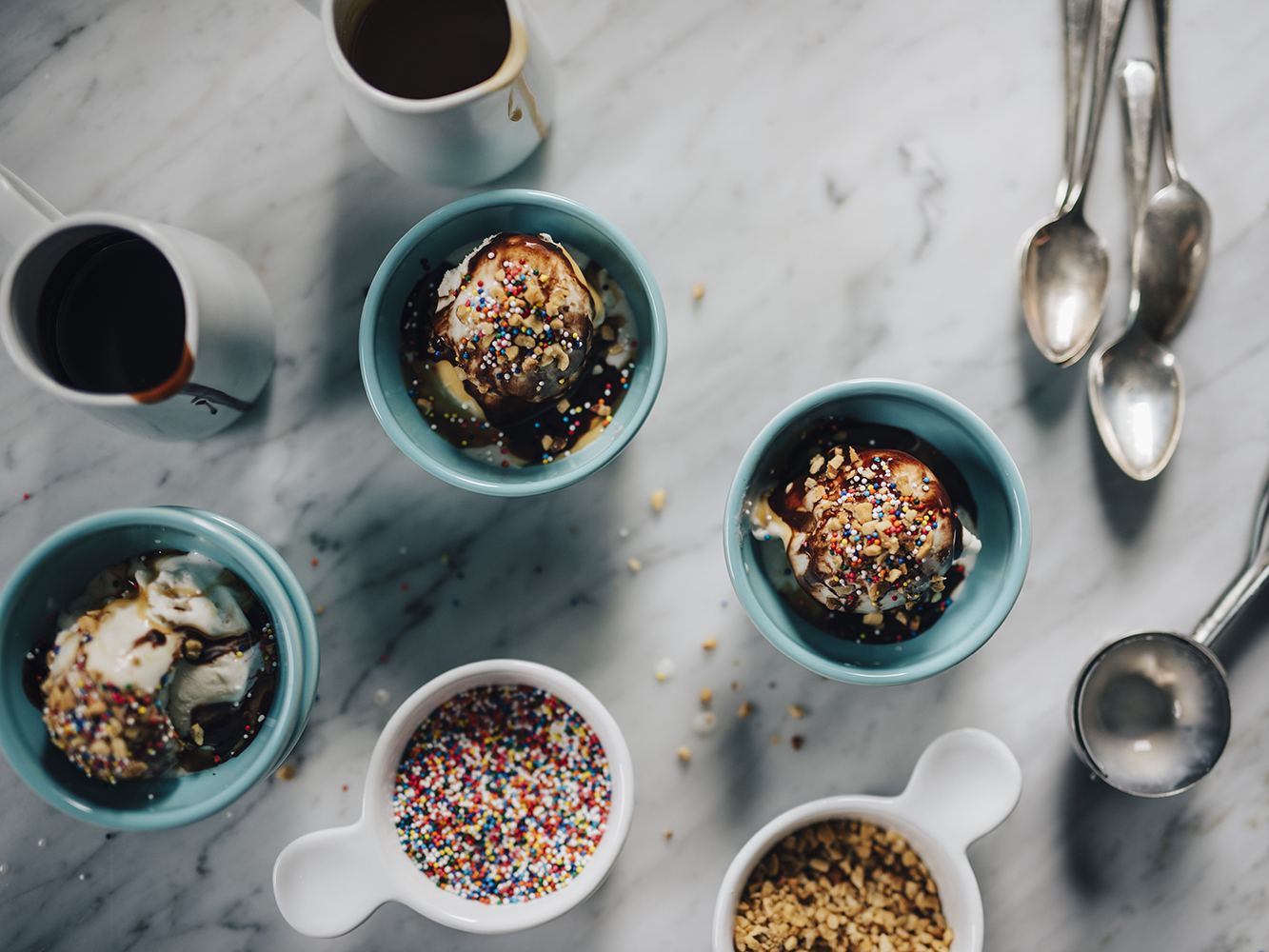
"Many, if not most, modern prepackaged foods contain added sugar," Perlmutter says. "Eating too much added sugar, especially from beverages, has been linked to worse metabolic, immune, and general health, and it's also thought that it may damage gut health. For example, drinking lots of sugar-sweetened beverages is linked to changes in the gut microbiome."
Holtzer cites a recent study that suggests that sugar consumption can disrupt the gut microbiome, making animals vulnerable to colon inflammation and can lead to several inflammatory bowel diseases. "Remember, we're talking about habits here," she says. "A one-time intake of a high-sugar meal or treat is not going to wreak havoc on your gut. Please don't read this and think you can never get ice cream again. We're talking about consistent, habitual intake of a high-sugar diet—that is where we see these negative results."
2. Fried Foods
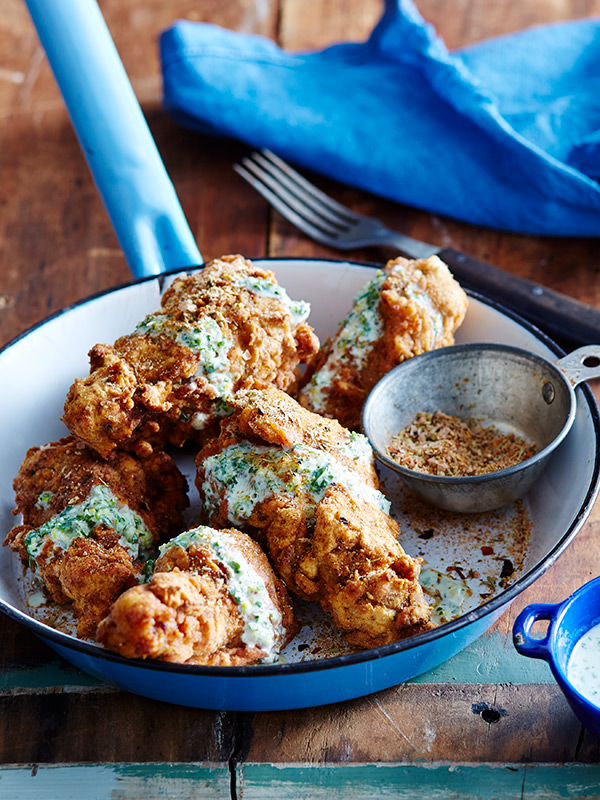
"Nine times out of 10, the fried foods we typically consume are fried in vegetable oil—corn, canola, soy, sunflower oil, etc. When these oils are heated to high temperatures, they form large quantities of trans fats—which we know are super inflammatory," Holtzer says. "A 2019 study conducted on mice found that a diet high in fried foods induced colitis, thereby increasing the risk of inflammatory bowel disease and colon cancer."
3. Ultra-Processed Foods
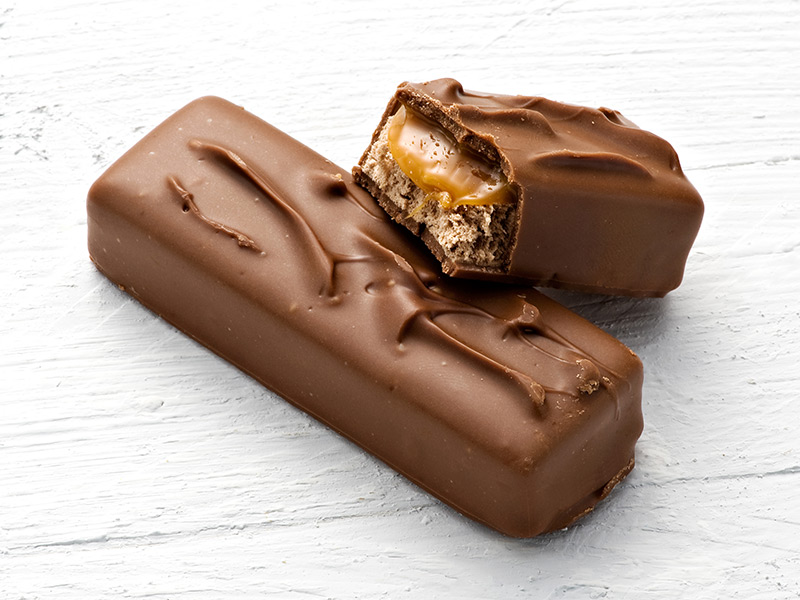
"Generally speaking, too much ultra-processed food consumption is one of the worst dietary strategies for health," Perlmutter says. "Heavily modified foods (think cereals, white bread, energy drinks, candy bars, etc.) tend to be low in the nutrients that are linked to better gut health, which keeps our gut cells from receiving the fuel they need to thrive. Ultra-processed foods are also rich in food additives like preservatives, flavorings, artificial sugars, and binders that add to shelf-life and palatability but may negatively alter gut health."
4. Alcohol
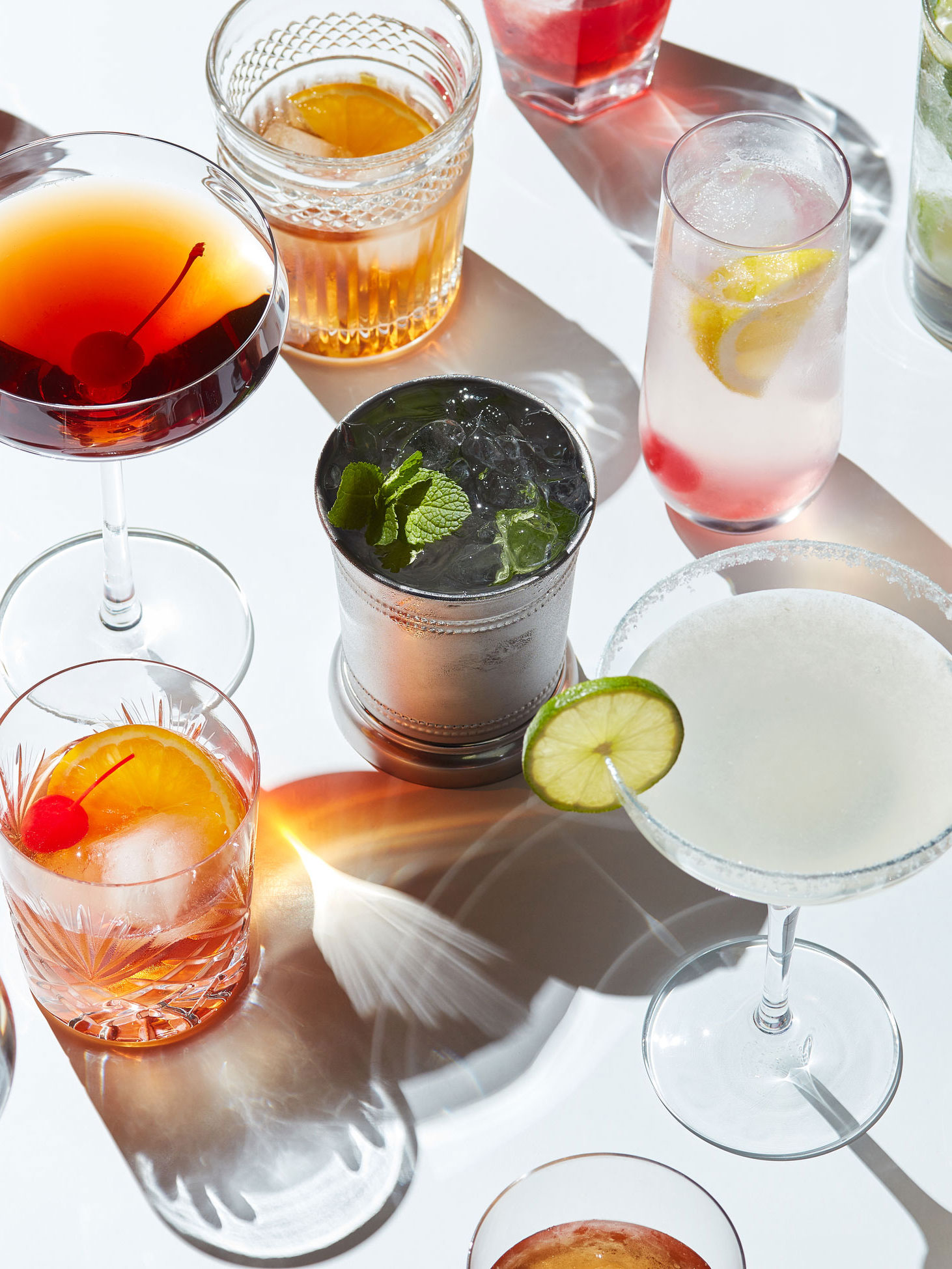
Holtzer says that alcohol can kill many of the good bacteria in the gut, which can cause dysbiosis (an imbalance of good bacteria and bad bacteria). She also cites a 2019 study that found that the main effect of heavy drinking was to reduce the diversity of the gut microbiome.
"Our gastrointestinal tract has a lining—this lining is permeable, meaning things can pass through it," Holtzer explains. "The purpose of this lining is to serve as a barrier against bacteria and toxins, thereby preventing them from entering the bloodstream. Further, it serves to allow good things, such as essential nutrients, to pass through the lining, enter the bloodstream, and circulate to the rest of the body. Excessive alcohol intake can damage the cells of this lining, thereby making it weaker and less effective in preventing certain things from passing through. When this happens, bacteria and toxins are allowed to enter the bloodstream."
5. Artificial Sweeteners

"Research shows that consistent consumption of artificial sweeteners may encourage the growth of bad bacteria in the gut—specifically, bacteria that increase the bioavailability of calories," Holtzer says. "All of that is to say the composition of our gut microbiome can influence the body's ability to extract energy (and perhaps store that energy) from the diet. Further, it can alter the balance of our hunger and fullness hormones (ghrelin and leptin), thus causing a potential increase in caloric intake."
6. Red Meat
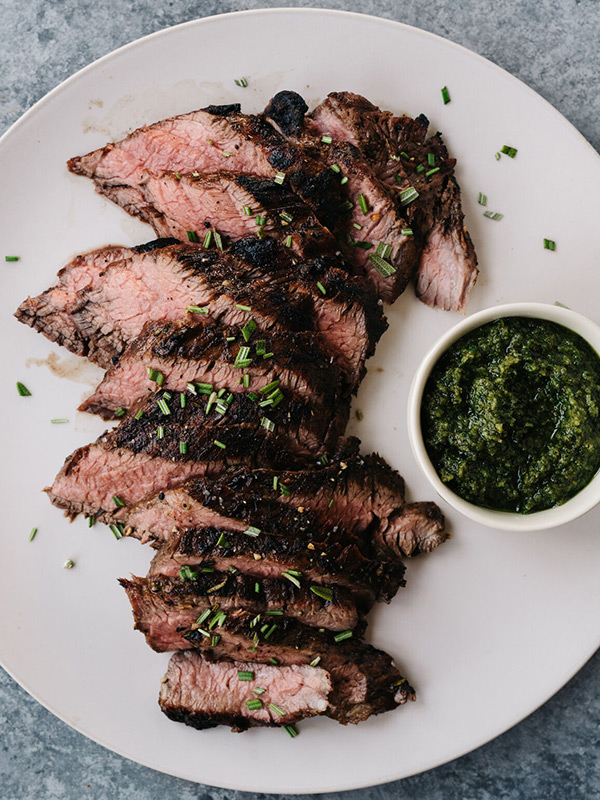
Holtzer explains that the L-carnitine (an amino acid derivative) found in red meat can alter the composition of the gut microbiota. "Research has suggested that increased intake of L-carnitine can cause an increase in trimethylamine N-oxide (also known as TMAO), a compound linked to atherosclerosis—which can lead to greater cardiovascular problems," she adds.
Foods to Prioritize for Gut Health
Fruits and Vegetables
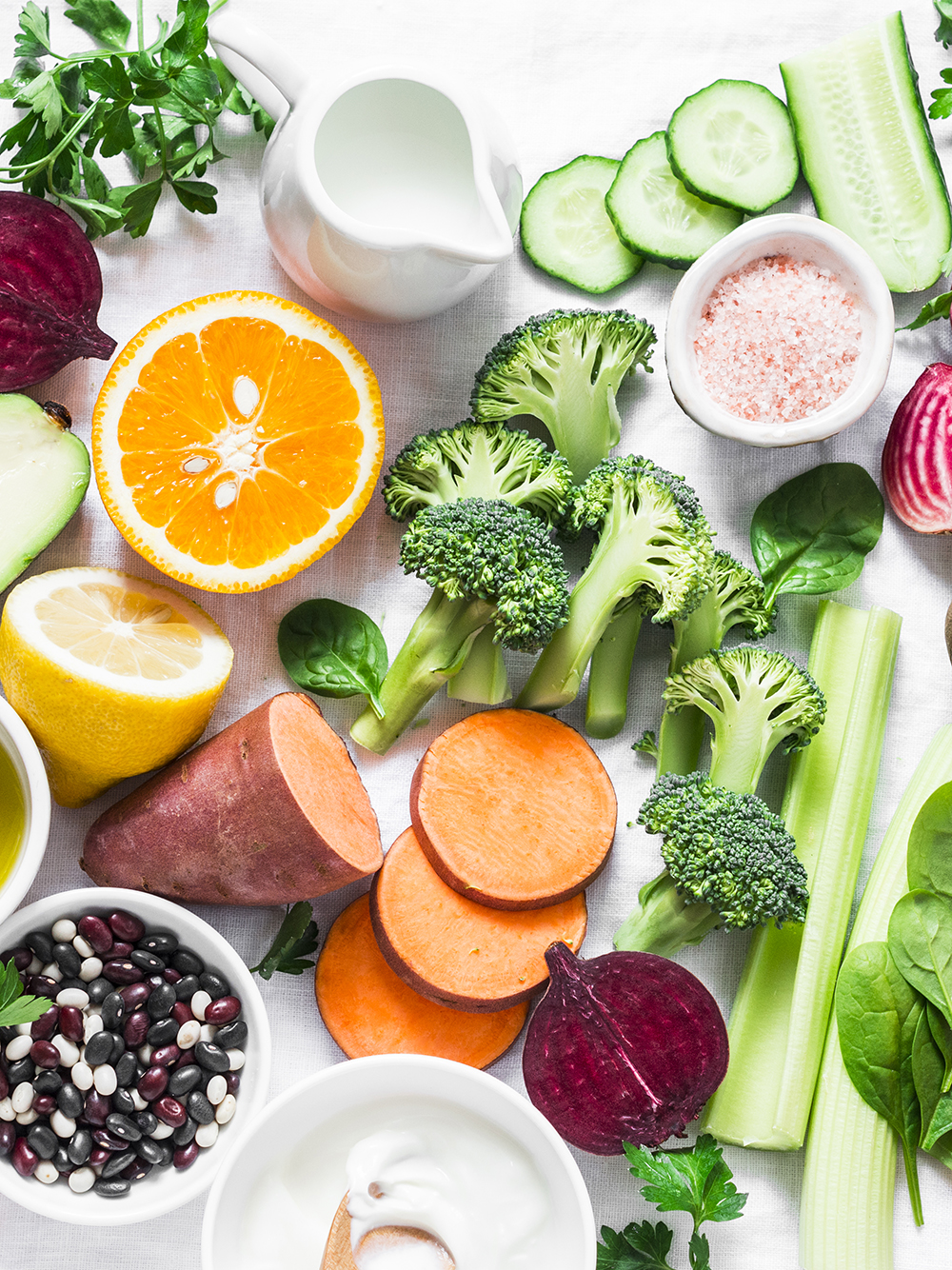
"Fruits and vegetables are high in prebiotic fiber," Holtzer says. "Prebiotic fiber is essentially the fuel for the healthy bacteria in the gut. They cannot grow and flourish without prebiotic fiber. Consuming a variety of fruits and vegetables can help promote diversity in intestinal bacteria as well (aka lots of different species of good bacteria)." Some fruits and veggies high in prebiotic fiber include apples, blueberries, strawberries, bananas, broccoli, squash, artichokes, sweet potatoes, and spinach.
Polyphenol-Rich Foods
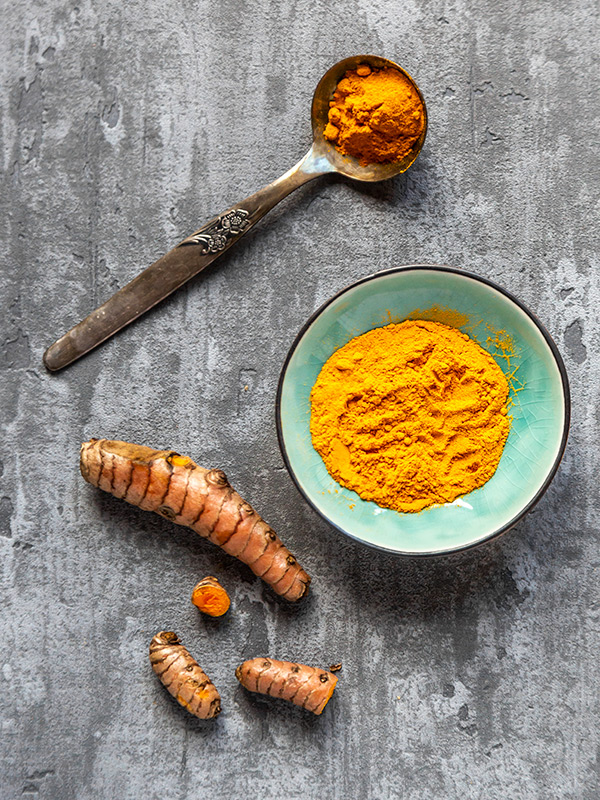
"Polyphenols are plant molecules that may benefit our overall gut and immune health," Perlmutter says. "There are more than 8000 known polyphenols, including quercetin, rutin, and curcumin. Plants make these molecules to defend themselves from environmental stressors like microbes and UV radiation. Eating polyphenol-rich foods is linked to better overall health. But we now know that polyphenols may positively influence gut health." Great sources of polyphenols include herbs and spices (like cloves, turmeric, and cinnamon), tea and coffee, colorful fruits and vegetables, dark leafy greens, and stress-resilient plants (like Himalayan Tartary buckwheat).
Fiber-Rich Foods
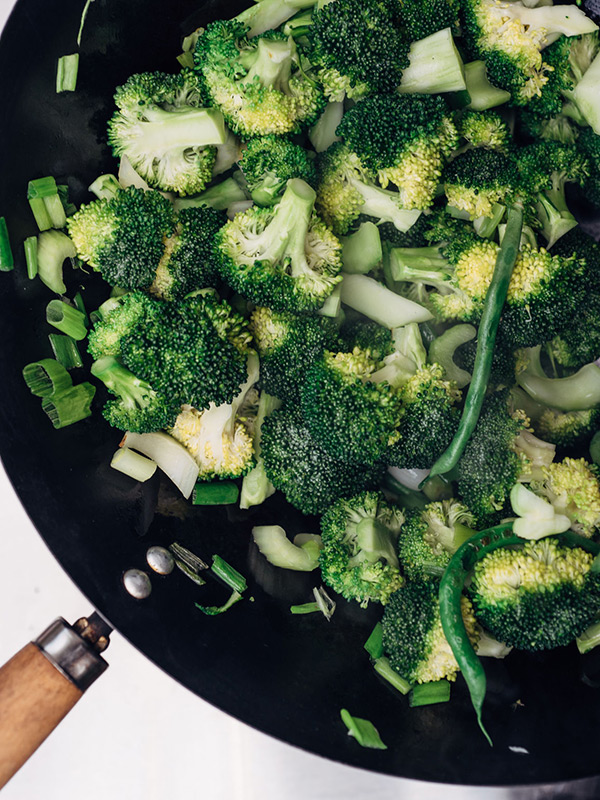
"Modern-day foods tend to be stripped of dietary fiber, which is bad news for our gut health," Perlmutter says. "That's because our microbiome likes to snack on certain fibers found in the plants we eat, and when bacteria eat these fibers, they appear to contribute to better gut health." Fiber-rich foods include garlic, onions, oats, whole grains, beans, broccoli, and lentils.
High-Fiber Carbs
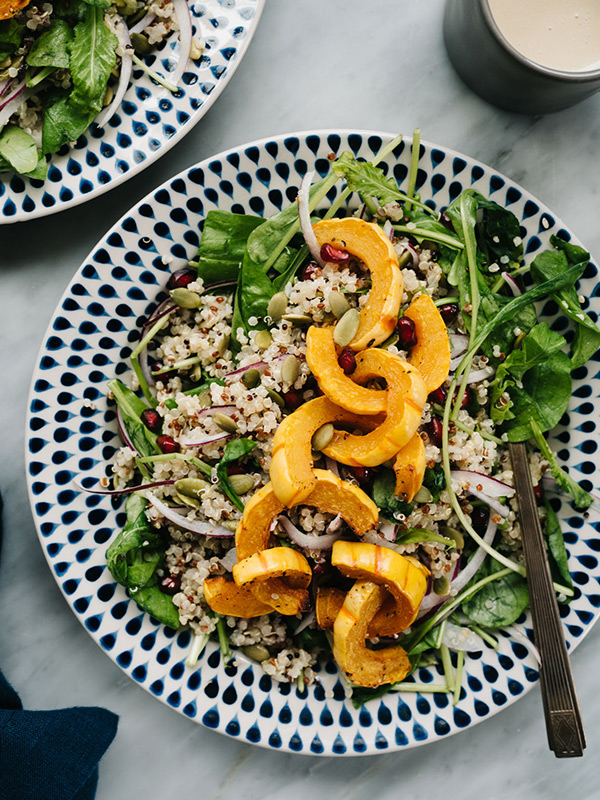
Holtzer explains that high-fiber carbohydrates are chock-full of prebiotic fiber to encourage the growth of good bacteria in the gut. They also promote bowel regularity and improved digestion, both of which Holtzer says can contribute to the prevention of multiple chronic diseases (like cardiovascular disease and type 3 diabetes) and obesity. High-fiber carbs include barley, quinoa, brown rice, bulgur, and farro.
Fermented Foods
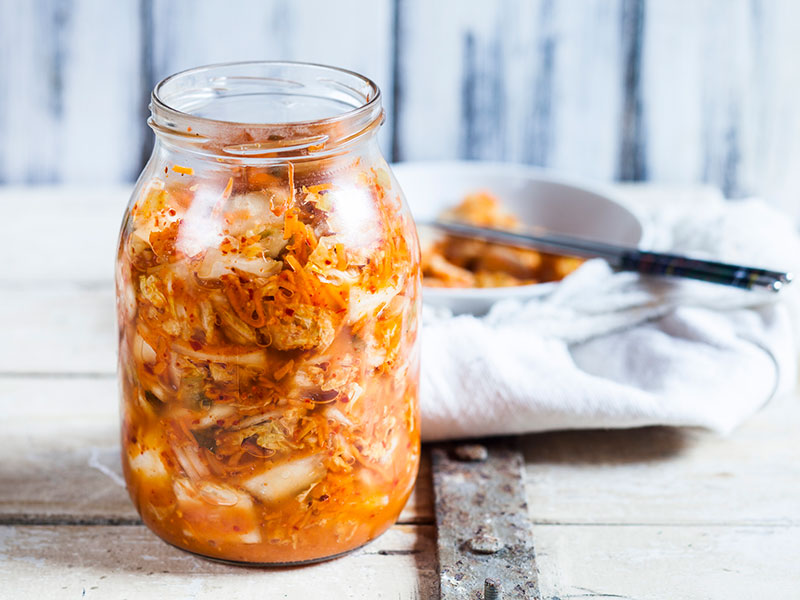
"Fermented foods are foods where sugars have been partially broken down by bacteria or yeast," Perlmutter says. "They've been a staple in diverse cultures around the world for thousands of years, but recent research has shown that they may aid our gut health. Fermented foods often contain live microbes that are thought to help contribute to a healthier gut when we eat them." Some examples include kefir, kimchi, sauerkraut, tempeh, and yogurt (just skip ones with added sugar).
Next, These Ingredients Might Be the Secret to a Healthier Gut
This post was previously published and has since been updated.
This article is provided for informational purposes only and is not intended to be used in the place of advice of your physician or other medical professionals. You should always consult with your doctor or healthcare provider first with any health-related questions.
Sarah is lifestyle writer and editor with over 10 years of experience covering health and wellness, interior design, food, beauty, and tech. Born and raised in Los Angeles, she attended New York University and lived in New York for 12 years before returning to L.A. in 2019. In addition to her work atBest Knockoff Luxury Clothing , she held editor roles at Apartment Therapy, Real Simple, House Beautiful, Elle Decor, and The Bump (sister site of The Knot). She has a passion for health and wellness, but she especially loves writing about mental health. Her self-care routine consists of five things: a good workout, “me” time on the regular, an intriguing book/podcast/playlist to unwind after a long day, naps, and decorating her home.
